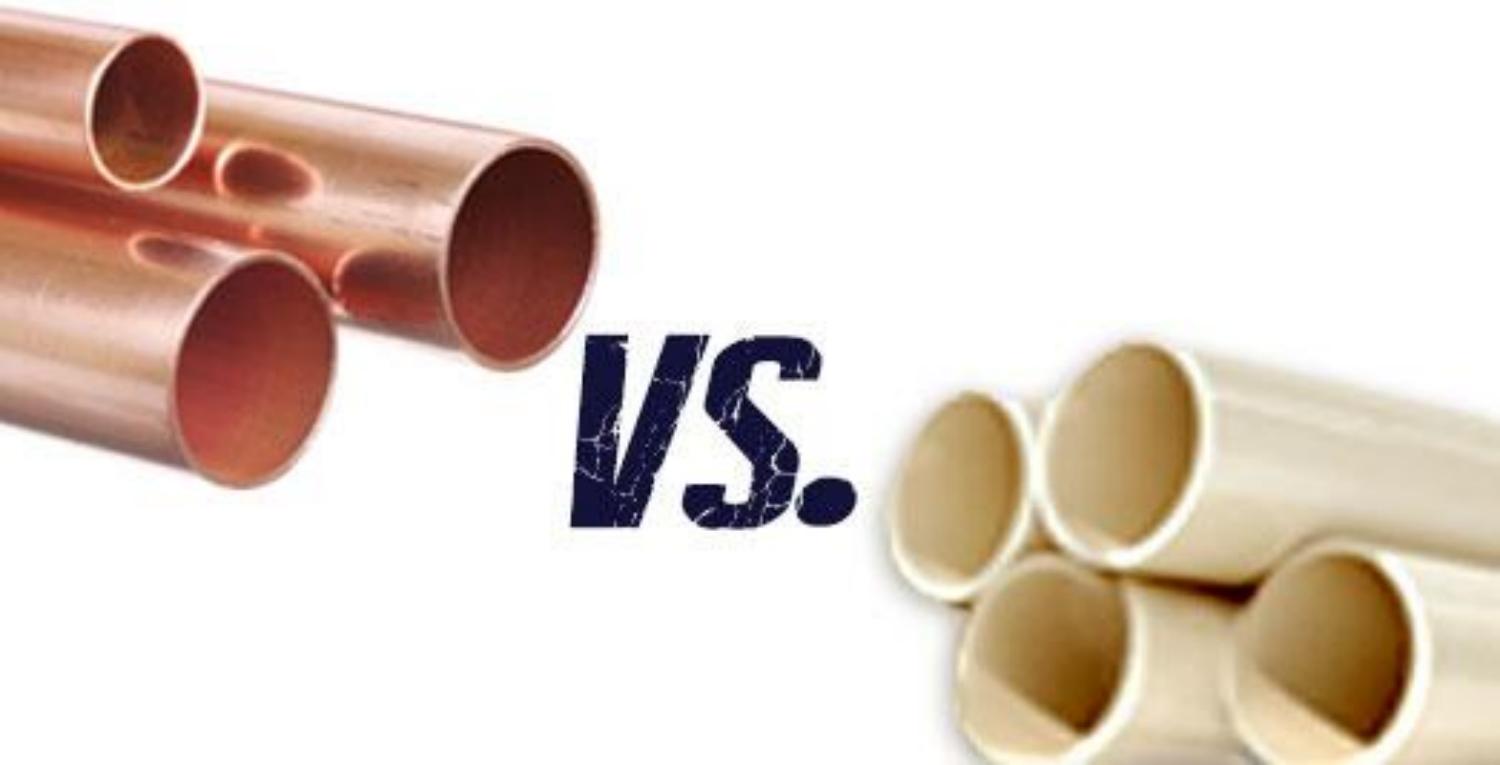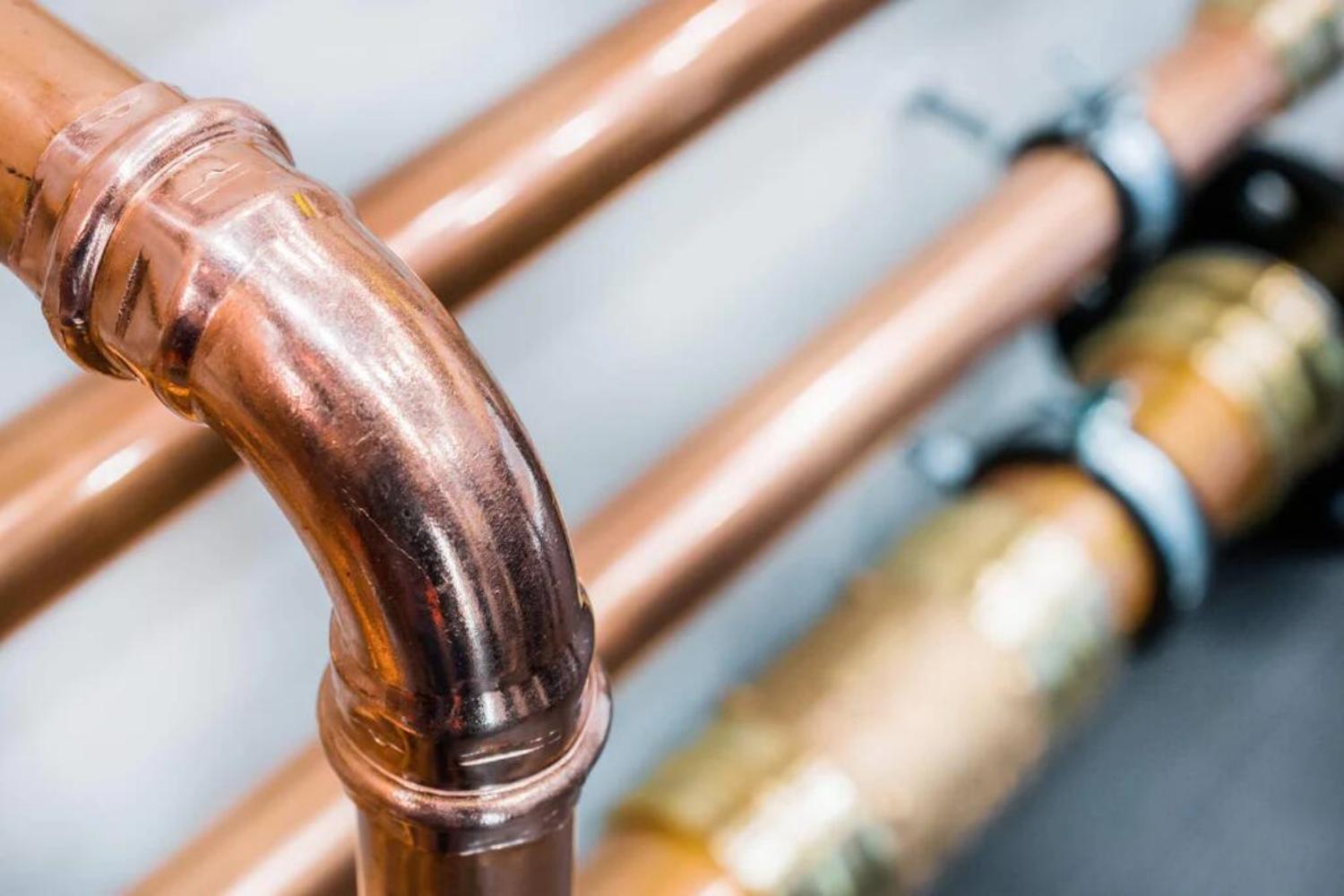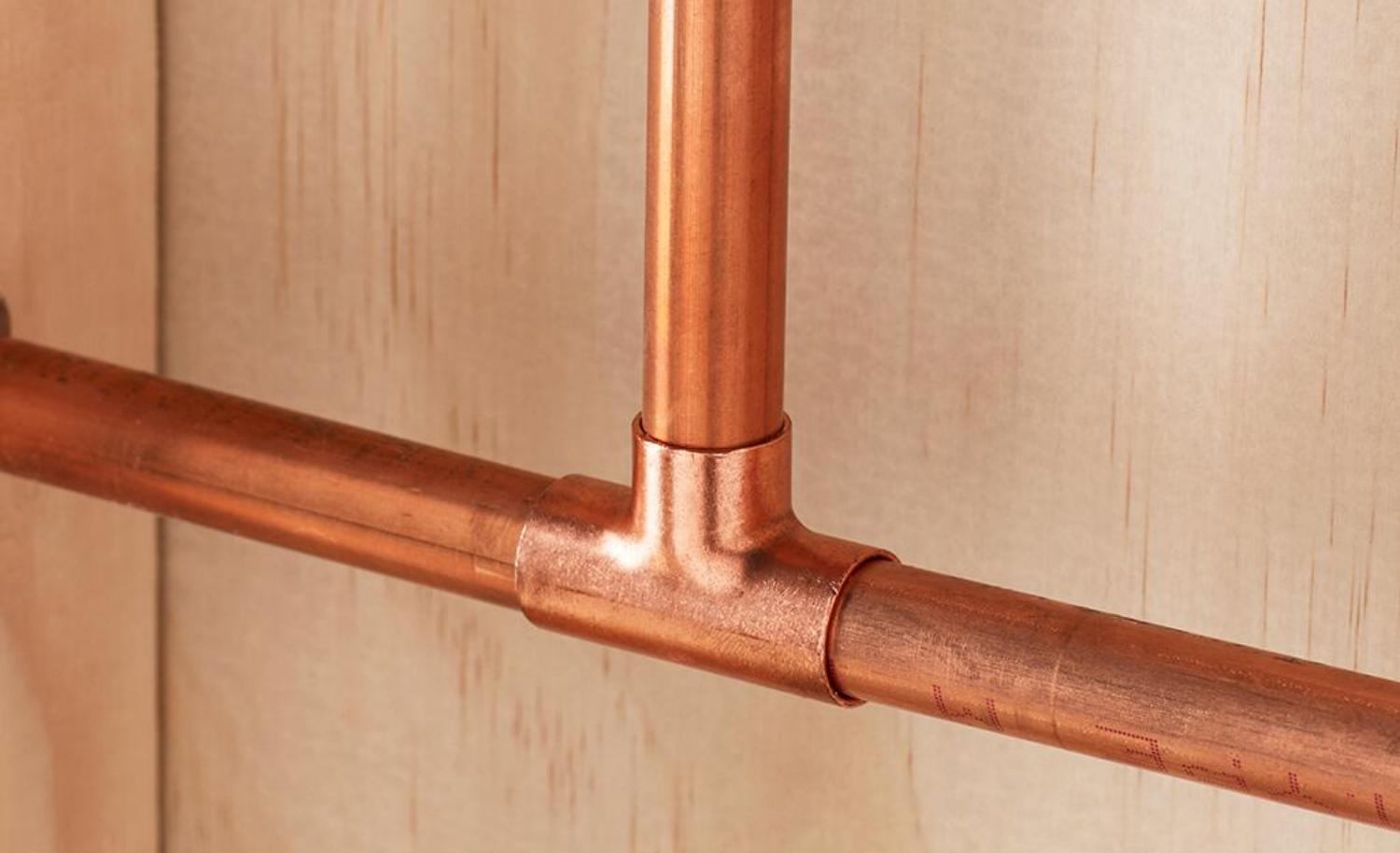
When it comes to plumbing, selecting the right type of pipe is crucial for the efficiency and longevity of your system. Two commonly used materials for plumbing are PVC (Polyvinyl Chloride) and copper. Each has its own set of advantages and disadvantages, making the choice between them a critical decision. In this comprehensive guide, we will explore the key characteristics of PVC vs copper pipes, their applications, and introduce the iVIGA brand, known for its innovative plumbing solutions that combine performance and style seamlessly.
PVC vs copper pipes are both popular plumbing materials. PVC is affordable, corrosion-resistant, and lightweight, ideal for cold water supply. Copper offers durability, heat conductivity, and water quality benefits but comes at a higher cost. The choice depends on specific applications, budget, and environmental concerns.
Understanding PVC Pipe
PVC pipe is a synthetic plastic material commonly used in plumbing, irrigation, and drainage systems. Here are some key attributes of PVC pipe:
- Affordability: PVC is often more cost-effective than copper, making it a popular choice for budget-conscious projects.
- Corrosion Resistance: PVC is immune to corrosion, ensuring a long lifespan and minimal maintenance.
- Lightweight: PVC pipes are considerably lighter than copper, making installation and handling easier.
- Insulation: PVC is an excellent insulator, preventing heat loss in hot water lines and condensation on cold water lines.
- Chemical Resistance: PVC is resistant to various chemicals, making it suitable for a range of applications.
- Versatility: PVC is used in both water supply and drainage systems, and it’s available in various sizes and types.
Understanding Copper Pipe
Copper has been a trusted material in plumbing for many years. It is known for its durability and reliability. Here are some key attributes of copper pipe:
- Durability: Copper pipes have a long lifespan and are resistant to damage from temperature changes and external factors.
- Corrosion Resistance: Copper naturally resists corrosion, ensuring water quality and system longevity.
- Heat Conductivity: Copper is an excellent conductor of heat, making it ideal for hot water supply lines.
- Strength: Copper is strong and can withstand high water pressure, making it suitable for various applications.
- Recyclability: Copper is environmentally friendly, as it can be recycled and reused.
PVC vs Copper: Applications
The choice between PVC vs copper pipes often depends on the specific application:
- Water Supply:
- PVC: PVC is commonly used for cold water supply lines, as it doesn’t conduct heat well and can become brittle with hot water exposure.
- Copper: Copper is ideal for both hot and cold water supply lines due to its heat conductivity and durability.
- Drainage:
- PVC: PVC is widely used for drain, waste, and vent (DWV) systems due to its corrosion resistance and affordability.
- Copper: Copper is not typically used for drainage but can be seen in some high-end applications due to its corrosion resistance.
- Water Quality:
- PVC: PVC pipes do not affect water quality, making them suitable for potable water supply.
- Copper: Copper pipes can improve water quality by preventing bacterial growth.

The iVIGA Advantage
iVIGA is a brand known for its commitment to providing innovative and reliable plumbing solutions. Whether you’re choosing between PVC vs copper pipes or upgrading your plumbing fixtures, iVIGA offers a diverse range of options that excel in both performance and aesthetics. Here’s why iVIGA stands out:
- Innovative Designs: iVIGA’s plumbing fixtures are designed with innovation in mind. Their products not only function flawlessly but also enhance the aesthetics of your home, offering a perfect blend of style and performance.
- Customization Options: Recognizing that every plumbing project is unique, iVIGA provides customization options for their fixtures and accessories. You can tailor the design, finish, and features to match your specific plumbing needs and your personal style.
- Quality Craftsmanship: iVIGA prioritizes quality, using high-grade materials and advanced manufacturing techniques to ensure the durability and longevity of their fixtures.
- Water-Efficient Options: iVIGA offers a variety of water-efficient plumbing fixtures, such as faucets and showerheads, designed to conserve water without compromising performance.
Pros and Cons of PVC vs Copper Pipes
Understanding the advantages and disadvantages of PVC vs copper pipes is essential for making an informed decision:
Pros of PVC Pipes:
- Affordability: PVC is typically more budget-friendly than copper.
- Corrosion Resistance: PVC is immune to corrosion and chemical damage.
- Lightweight: PVC pipes are easy to handle and install.
- Insulation: PVC prevents heat loss and condensation.
Cons of PVC Pipes:
- Limited Heat Tolerance: PVC should not be used for hot water lines.
- Brittleness: Over time, PVC may become brittle.
- Environmental Concerns: PVC production can have environmental impacts.
Pros of Copper Pipes:
- Durability: Copper pipes have a long lifespan and can withstand high pressure.
- Heat Conductivity: Ideal for hot water supply lines due to excellent heat conduction.
- Water Quality: Copper can improve water quality by preventing bacterial growth.
- Recyclability: Copper is environmentally friendly and can be recycled.
Cons of Copper Pipes:
- Cost: Copper is often more expensive than PVC.
- Corrosion in Certain Conditions: Copper can corrode in acidic or aggressive water conditions.
- Installation Complexity: Soldering is required for copper pipe connections.

Environmental Considerations
Environmental concerns play a role in the choice between PVC vs copper pipe:
- PVC: PVC production can have negative environmental impacts, but it is recyclable. Proper disposal is crucial to minimize environmental harm.
- Copper: Copper is environmentally friendly, as it is highly recyclable. Using recycled copper reduces the need for mining and energy consumption.
Maintenance and Care
Proper maintenance is essential for both PVC vs copper pipes to ensure longevity and performance:
- PVC Pipes:
- Regularly inspect for leaks or damage.
- Avoid exposure to direct sunlight and extreme temperatures.
- Use appropriate PVC cement and solvent for connections.
- Copper Pipes:
- Monitor for signs of corrosion or leaks.
- Ensure proper insulation to prevent freezing in cold climates.
- Use lead-free solder for connections to maintain water quality.
Conclusion
Choosing between PVC vs copper pipes is a decision that depends on your specific plumbing needs, budget, and environmental considerations. Both materials have their advantages and disadvantages, and the selection should align with the demands of your project. iVIGA, a brand renowned for its innovative and reliable plumbing solutions, offers a wide range of options for your plumbing needs, whether you opt for PVC or copper pipes. Your choice should ensure a plumbing system that is both functional and visually appealing, contributing to the comfort and efficiency of your home.
 iVIGA Faucet Online Shop
iVIGA Faucet Online Shop
